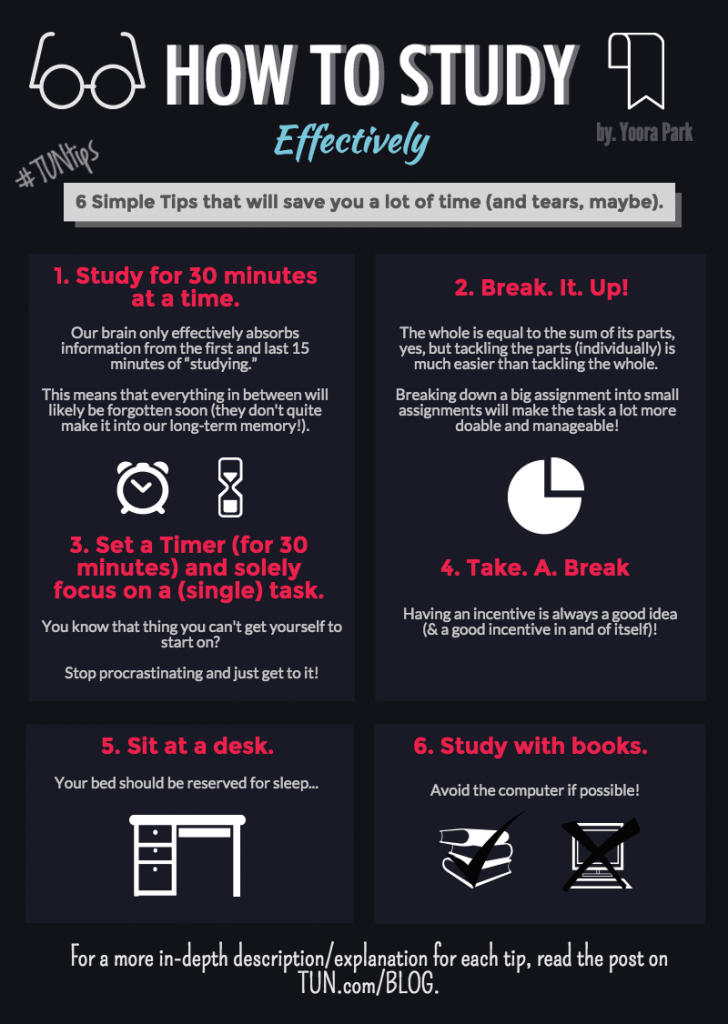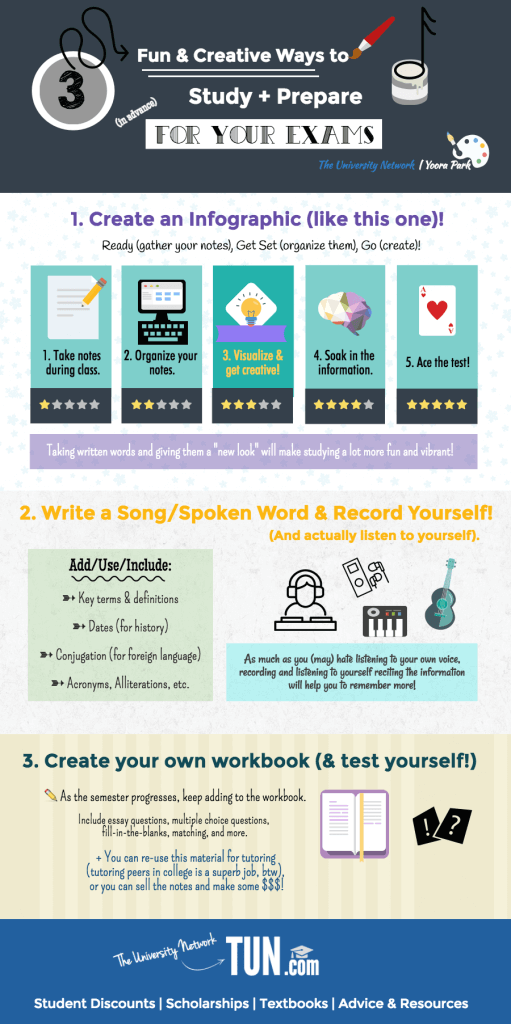Knowing how to take accurate and useful notes is a vital skill. Not only do notes help you recall important information, but writing things down can also help you learn that information better and faster. Being able to take good notes is crucial no matter what college degree you’re pursuing, but unfortunately note-taking isn’t a skill that is generally taught. So how do you learn how to take good notes?
I have some tips for you, which I’ve grouped into six easy categories. Keep these tips in mind so you can take good notes, which will help you succeed.
[divider]
SEE ALSO: 6 Simple but Proven Study Tips
[divider]
1. Prepare & Organize
- Come to class prepared, and be organized.
- Read your assignments before coming to class. Note-taking is easier, and comes more naturally when you already have some understanding of the material.
- Start each class, or lecture, on a new page. It is essential to put a date on every page of notes.
- Be sure to add a topic, or heading, on the top of each page to help you find specific information easily.
- Write on only one side of the paper for better legibility.
- Use loose paper notebooks to make it easier to organize your notes when you review them, or when you need to rearrange them, add additional materials like handouts, and/or insert notes borrowed from classmates.
- Don’t worry about using up all the available space. Give yourself room to add information as your professor lectures, or when you make connections in class.
2. Note-Taking System
- Create your own note-taking system – outline, paragraphs, charts, diagrams or graphs. There is no right way to organize your notes.
- Experiment with different ways and see which works best for you.
- Find ways to add visuals to your notes, as any kind of visual helps you emphasize what is most important to remember.
- Make your notes as brief as possible and develop a system of abbreviations you can use wherever possible.
3. Think, then Write
- Think about what you’re writing down.
- It’s not the best idea to write down what your professor is saying word for word. If you do this, you will have no time to think about what you’re writing and why you’re writing it down. And this will ultimately make you fall behind.
- As you listen to the professor and take notes, be sure to think about what information might be on a test or what might be an essay topic for later.
- Focus on the points that are directly related to your reading and/or your professor’s emphasis points.
- Be attentive to verbal cues from your professor that indicates essential information, and highlight any information that your professor thinks is important.
4. Include Questions
- As you listen and take notes, make sure to add any questions you have and record what other students have asked the professor. This will help you remain aware of any gaps in your understanding, and will keep you focused on those parts of the material when reviewing your notes.
- Keep a list of questions. This will give you an easy reference point when you need to review your notes again for any upcoming assignments.
5. New Content
- Pay close attention to the content being introduced to you. Definitions of words are also significant.
- Knowing what to include, and what not to include, in your notes is sometimes difficult. If you are not sure, write down the note and decide later if you should keep or discard it.
- Rely on the details and facts that explain the main points mentioned.
- Writing down the important words and phrases would be quicker and more effective than writing full sentences.
- Make sure that your notes make sense (to you); otherwise, they will essentially be of no use .
6. Review
- Reviewing your notes after class is known to be the most important part of note-taking and critical to increasing learning capacity.
- It would be a smart idea to review your notes within 24 hours and edit words and phrases that don’t make sense to you. This is the time to write out the abbreviated words that you wrote in a hurry during the class lecture.
- Fill in keywords and questions and highlight concepts that you don’t yet fully understand.
- Consider rewriting or typing your notes after your initial review, which will further help you remember the material.
Most students, unfortunately, don’t know how important it is to take proper notes and how much it can improve their retention of lecture material. Students who follow the guidelines I’ve set out on how to take good notes will find that they can improve their college grades and alleviate a lot of stress when it comes to studying for an exam. Mastering these note-taking tips will help you succeed in college.
[divider]
Revolutionize Note-Taking: 3 Fun and Creative Ways to Study for Exams





